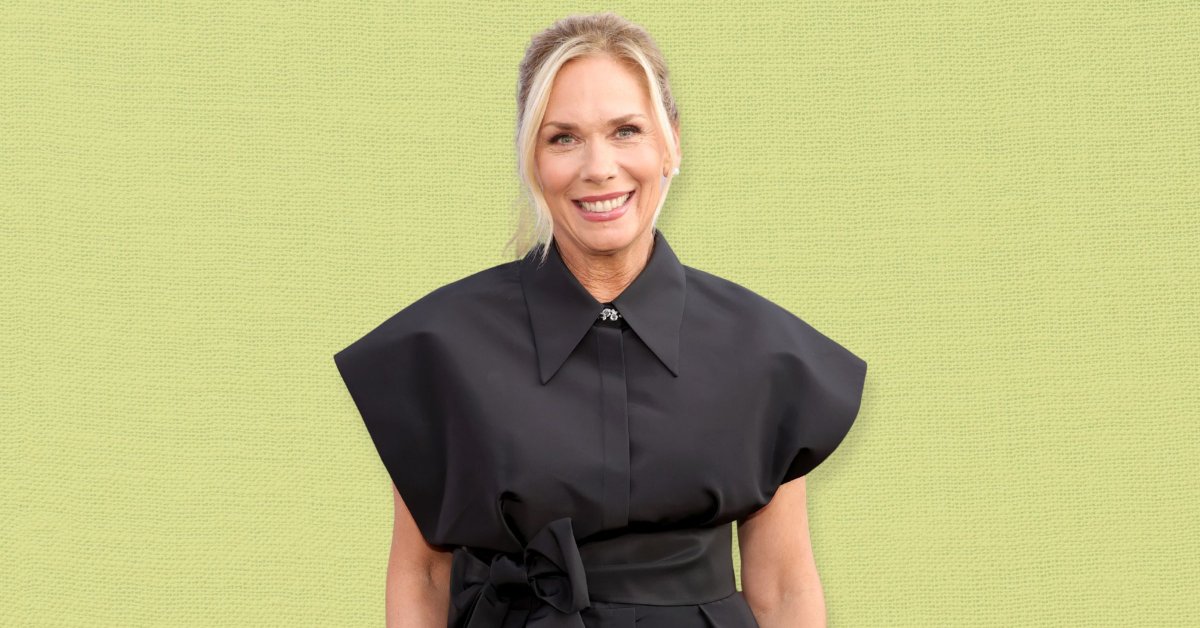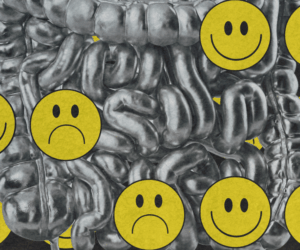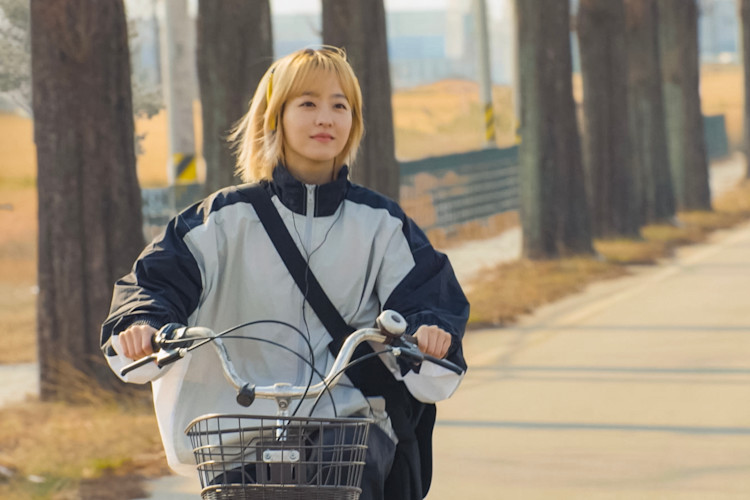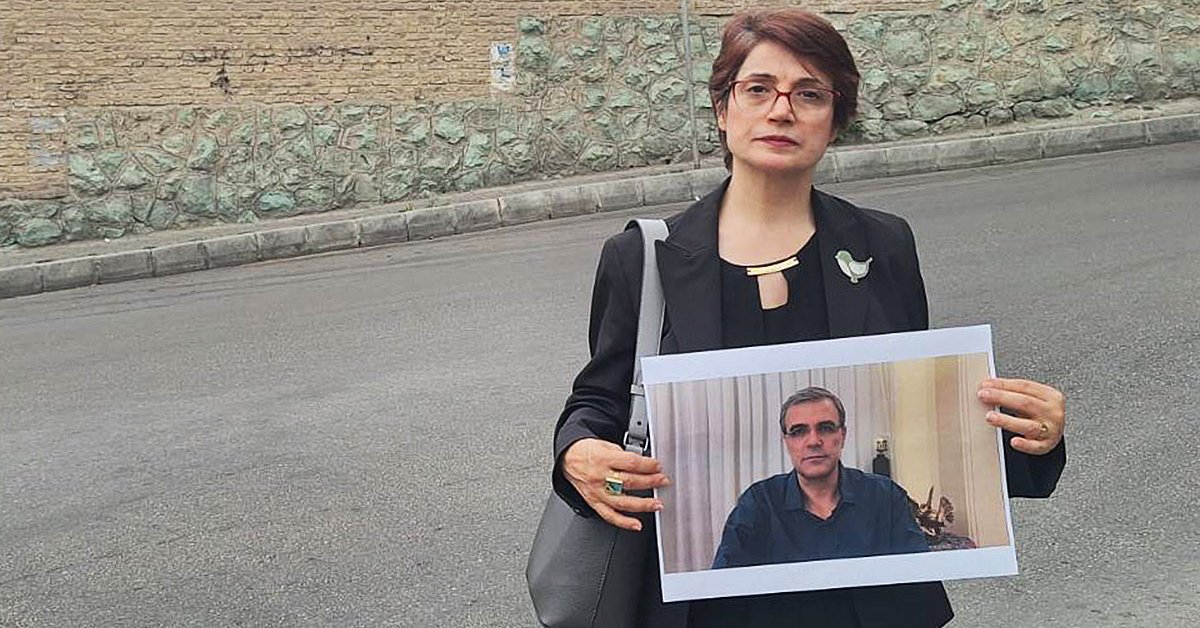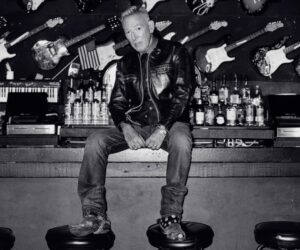When Carmen McDonald wet her pants, Leanne Morgan took it as a hopeful sign. Morgan was supposed to be hawking Premier jewelry, a now defunct sell-at-parties brand started by a Christian couple in Texas, but instead she was joking about life as a stay-at-home mom in rural Tennessee. “I had on a short dress. I was pregnant with my second baby, and I bent over and someone could see the seat of my underwear and I just went with it,” says Morgan. Nobody blamed McDonald for losing it. “Everybody went and got a towel and blotted. And I thought, ‘OK, I can make it in Hollywood; Carmen just peed on this couch.’”
That was the mid-‘90s. Thirty years later, she has finally been proved right. Leanne, a scripted comedy starring Morgan, co-created by Chuck Lorre, the producer of such imperishables as The Big Bang Theory and Two and Half Men, arrives on Netflix on July 31. Her 2024 book, What in the World?, was a bestseller. She was in a movie in January with Reese Witherspoon and Will Ferrell, and has been a guest on all the late-night couches, daytime chat fests, and comedy podcasts. After the success of her 2023 Netflix special I’m Every Woman, two more are coming. And dates on her Just Getting Started tour are selling out.
There’s an old saying that women can have it all, but not all at once. Comedy came second in Morgan’s life because it was and remains her second love. She doesn’t remember a time when she didn’t want to be a professional comedian, but she also really wanted children. Stand-ups’ and parents’ busiest hours tend to overlap, so her comedy career has always been the bridesmaid. She considers it divinely ordained that after decades of struggling, the viral video that set the current career fireworks off—a bit about going to a Def Leppard concert with other old people and noticing the lead singer’s hernia—landed just as she was dropping her last kid off at college in 2020. The result is that she’s a hot new talent at 59.
In the last 12 months, Morgan has had a lot of pinch-me moments. John Mulaney came up to her at a party to tell her specifically which of her bits he loved. And when she went on Mulaney’s show, David Letterman told her how impressed he was. “He said, ‘Leanne, for anybody to get to this level is just extraordinary, but to do it and raise three children out in the middle of the United States?’’’ she says. “He said, ‘I commend you.” Morgan, who lives in Knoxville, Tenn., was astonished. “He was darling,” she adds. “He was so nervous and would say to me, ‘Do you think I’m talking too much, Leanne?’”
There’s another old saying, about how in comedy, timing is everything. Leanne, a show about a woman whose husband leaves her after 33 years of marriage and the way her family, community, and church help her through—or make it worse—is Morgan’s fourth go-round with a TV series based on her comedy. She’s had development deals before, including with the guy who made Roseanne and Home Improvement. But nothing made it to pilot. She thinks her humor might have been out of step with the times. “Modern Family was such a big hit and Fresh Off the Boat and all these other wonderful shows,” she says. “And ours just seemed flat—you know, she’s married and got kids.”

The comedian and grandmother of two has some theories on why the culture moved in her direction. Some time during the pandemic, she believes, people got tired of all the filters. “People want authenticity, and they want to learn who somebody really is,” she says. “I think that’s my advantage.” Her thick-as-a-porterhouse accent is a prime example. She’s had complaints from the internet that it’s not real. Most people can’t pinpoint where it’s from. And her first husband suggested diction lessons. (The marriage was very brief.) But she says everyone she grew up with in Adams, Tenn., talks like she does. “I know it’s thick,” she says, pronouncing the last word with two syllables, “but I think it’s made me stand out.” (Another two syllables.)
Her routine—stories about her kids, her husband, and her hemorrhoids—also feels real. “Her accent is her accent, and that adds the flavor,” says Nate Bargatze, another stand-up from the Volunteer State, whose star has risen around the same time as Morgan’s, “but then just being a mom and being married and raising kids, she just has a perspective that is not really being talked about a ton.” Her comic bits are clean but unfiltered. She tried to do the Christian comedy circuit for a while but found it too restrictive. “You have to walk a line that is just not as truthful,” she says. Plus, it’s hard to be funny without making fun of someone or something. She still tries not to be unkind, except to her husband, Chuck Morgan, the “hateful” book What to Expect When You’re Expecting, and the myth of undying libido. “I gotta be real. I gotta be true, you know, about prostituting myself to my husband so these children have good shoes.”
A lot of female stand-ups turn to outré or obscene material to get audiences past the fact that they’re women. This is not Morgan’s style. Her comedy is gentle. So much so that people thank her for getting them through a hard time, which surprised her. “They were going through chemo, or their husband left them, or something happened with a child, and they would sit up and watch me,” she says. As America has become more divided politically and economically, and the rate of technological change has accelerated, there is something comforting and unchallenging about Morgan’s tales of minor indignities, something that reminds people of how much everyone has in common. “If you go to a Leanne Morgan show, you’re not like, ‘I hope this goes good,’” says Bargatze. “You just go in happy and knowing it’s going to be an awesome time.”
All of this is not to say that Morgan’s life has been like everyone else’s. Her parents, who both grew up on tobacco farms, ran a farm and general store in Adams, population 500, before they founded a profitable meat-processing business. The family never celebrated on Thanksgiving Day, because it was peak deer-hunting season and everyone—granddaddies, aunts, neighbors—was needed to cut the carcasses hunters brought in. “We weren’t good help,” Morgan says of her sister and her. “It smelled bad. We had big hair, and we didn’t want to do it.” Morgan’s mother, who could skin a deer in two minutes with nothing more than a golf ball and a piece of string, held the business together.
After Morgan’s first marriage fell apart, she went back to the University of Tennessee to finish her degree in child development and took odd jobs, including one as a waitress, where she met Chuck Morgan. They married and moved to the Appalachian foothills so he could set up his trailer-park business, which he eventually sold. In 2001, he became an executive with the U.S.’s biggest manufactured-home company and the family relocated to San Antonio for three years, where Morgan finally had access to a few comedy clubs. She steeled her nerves for her first open-mic night, and one local club quickly promoted her. Within a year or two, she was an occasional headliner at Cap City Comedy Club in Austin.
But it was a slog—a lot of her early career was spent doing charity auctions, so-called Chick Schtick nights, or corporate gigs. “I would just get on stage anytime anybody would let me,” she says. In the late-’90s and aughts, she tried to get a gig, paid or not, at least once a week. But as recently as 2018, even after her first filmed special, club owners were turning her away. “They said, ‘We love her—she doesn’t get drunk and fight in the parking lot—but we’re not having her back,’” says Morgan. “‘She can’t sell a ticket.’”
While family life kept Morgan off the circuit, it also provided all her material. In one of her most popular videos, she speculates as to why God made teenage daughters so mean. These days her family doesn’t mind, but “I should have asked before that mean one,” Morgan says. The chief butt of her jokes, Mr. Morgan, has complained only once, when she was starting out. “I’d had all these children to breastfeed, and I said, ‘I would like to get a boob job, but it’s been a bad mobile-home year,’” she says. “He’s in sales, and he goes, ‘Don’t you ever say that I can’t provide for you. You know that I could write a check for your breasts right now!’”

Mrs. Morgan has forged a career on her own terms, elevated issues of concern to women and been unabashedly and uncompromisingly feminine in a male-dominated industry. Her comic style, forged in the crucible of multilevel-marketing jewelry parties, has been refined by all-female audiences. She talks about sexual acts, which she calls “nasty things,” in a way that’s not aimed to please men. “When I say that kind of stuff, women throw their purse in the air,” she notes. “They’re having to do it too.”
But asked if she’s feminist, she has to pause. “I guess I’m a little bit of a feminist. But I love men,” she says. “And I need men. I don’t want to lift something heavy, and I need health insurance, and I don’t want to go work a job every day. I want Chuck Morgan to do that.” Because of her husband, she says, she had time to hone her stand-up without worrying about paying bills or sleeping in her car after far-flung gigs. Her ability to stay close to home has helped her stay original. “She’s kind of untouched,” says Bargatze, who also developed his style in the heartland of America. “And now that she’s built a career, she won’t have to change, because clearly, it’s working doing it the way that she wants to do it.”
There are things that might have been easier if Morgan had gotten famous when she was younger. It took her a while, she says, to nail the finer points of sitcom acting. She’d like to do more movies and thinks voice coaching might help, “but I don’t know if I’ve got it in me,” she says. And while she no longer has kids at home, this is still an inconvenient moment for a breakthrough; she worried about her aging parents while she was living and shooting in Los Angeles and would like to be “a real country grandma—cooking and washing and helping with these babies.” Still, Morgan is mostly relieved that success hit when it did. “I’m glad that it was in my 50s,” she says, “when I’m too tired to do something awful.”

